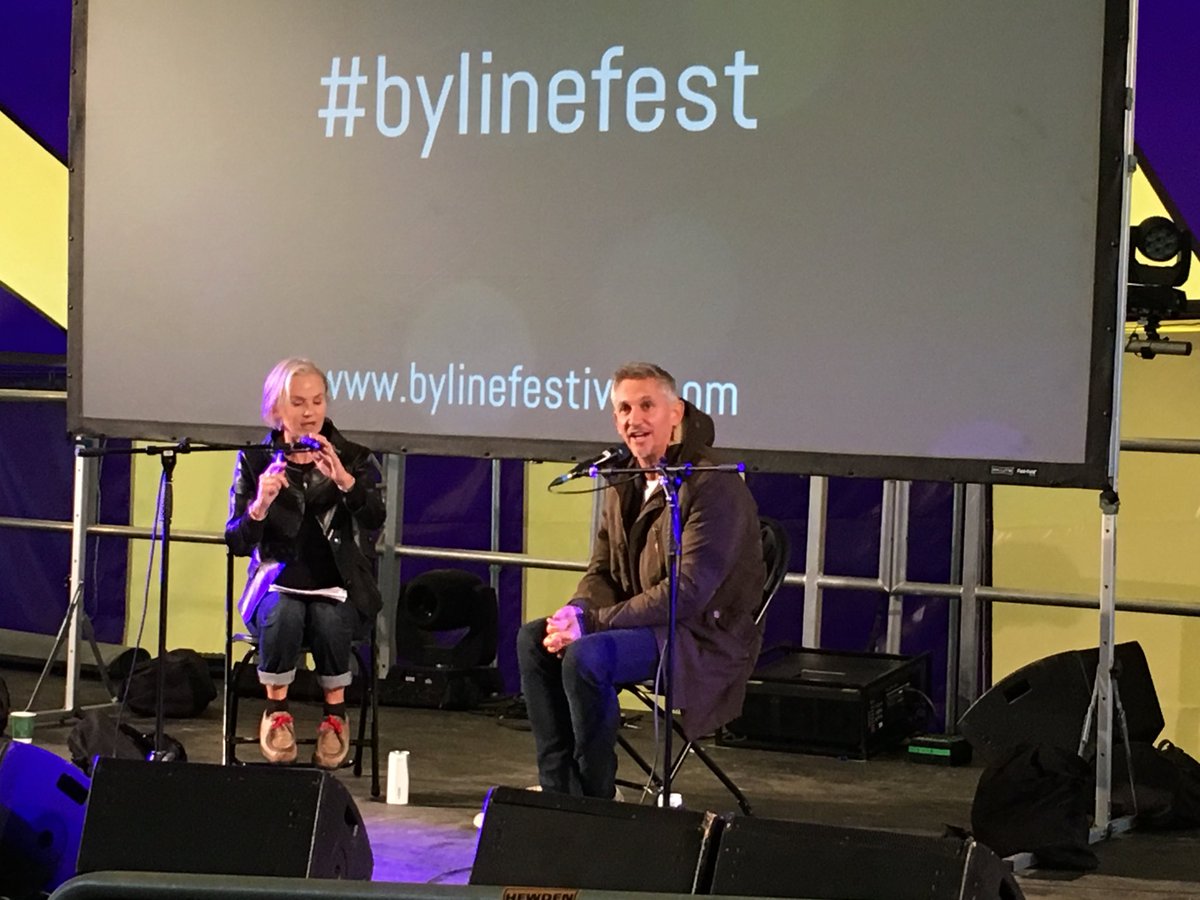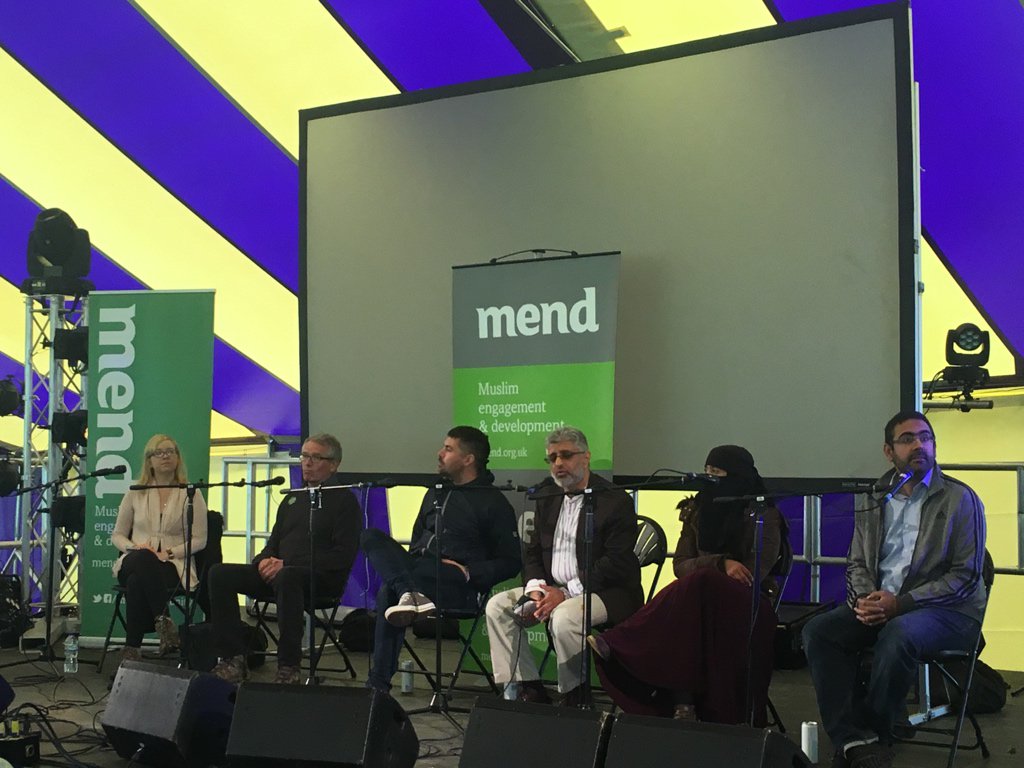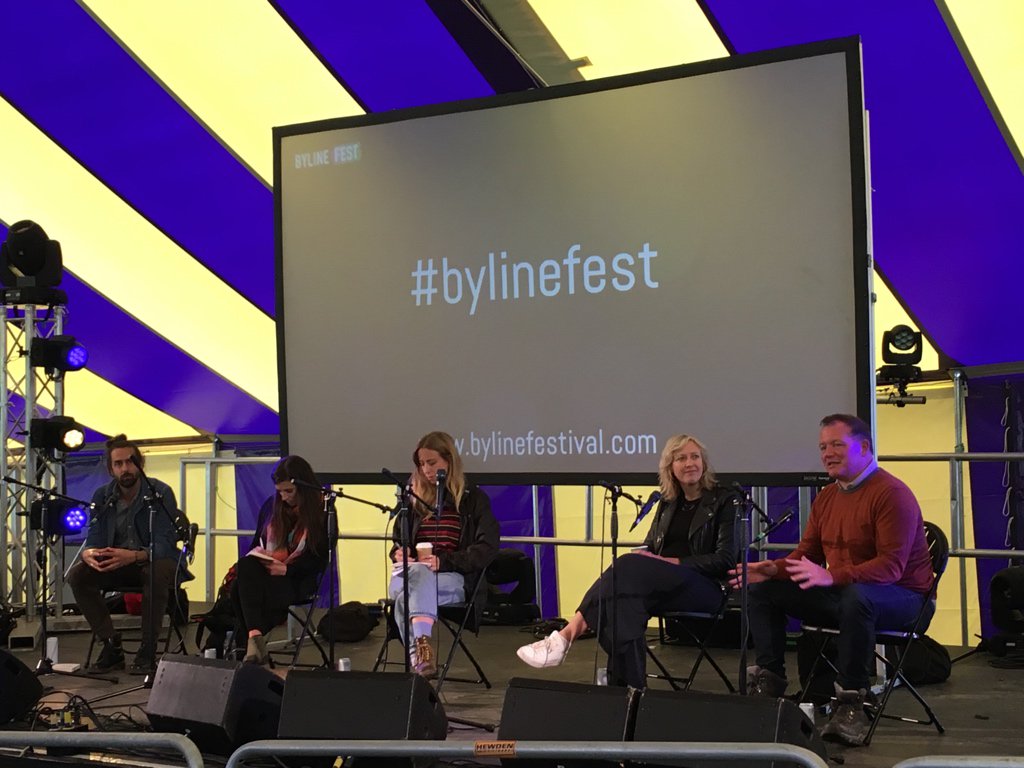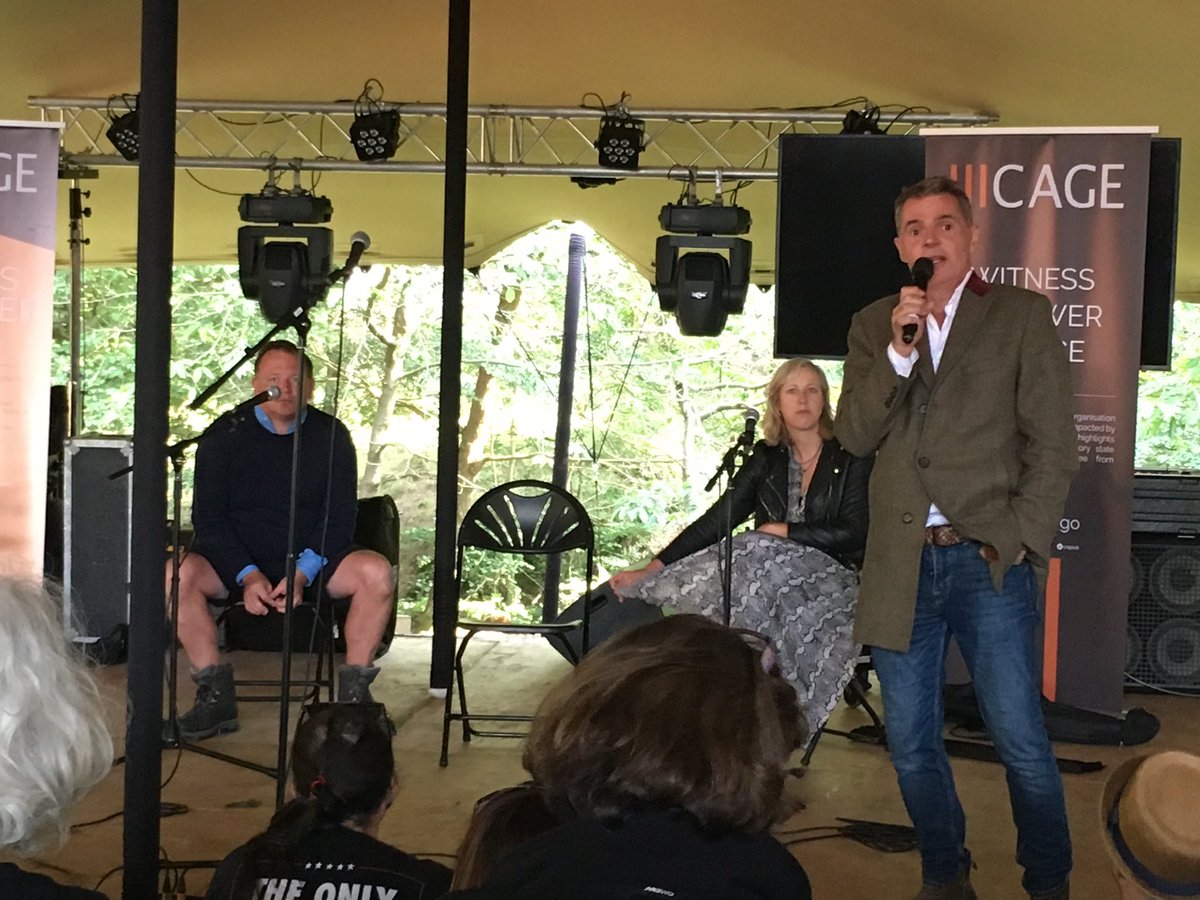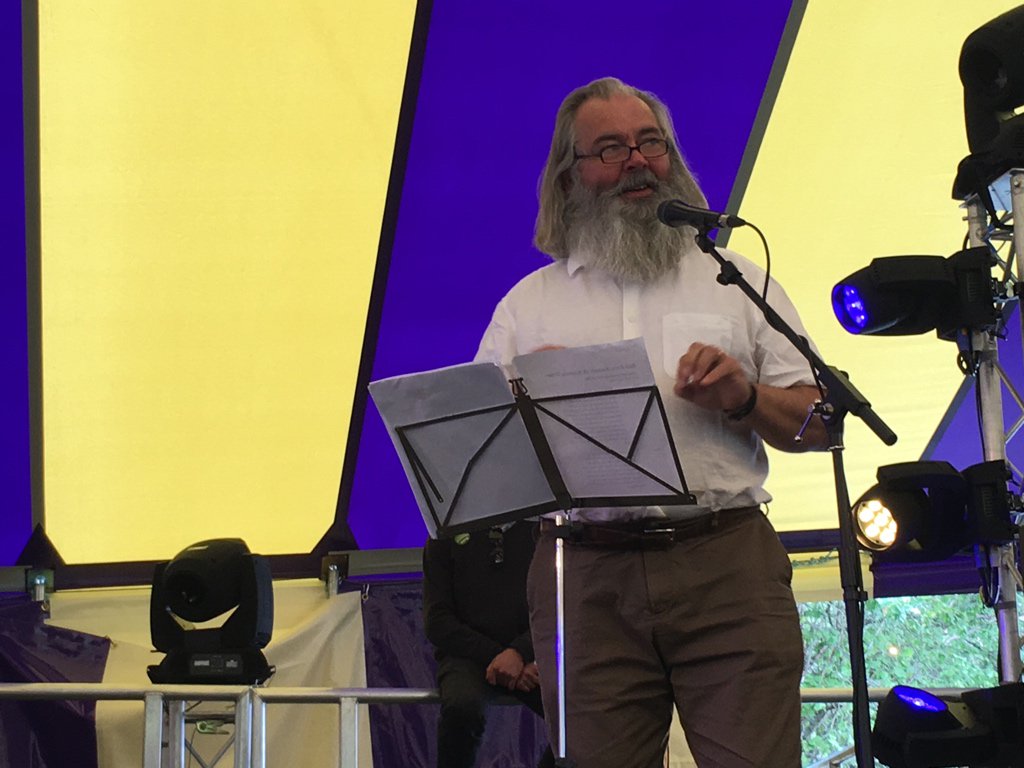Next at @BylineFest is a session on what has happened since the first part of the Leveson Inquiry and what has happened to the second part.
#BylineFest
First speaker is @BrianCathcart
#BylineFest
First speaker is @BrianCathcart
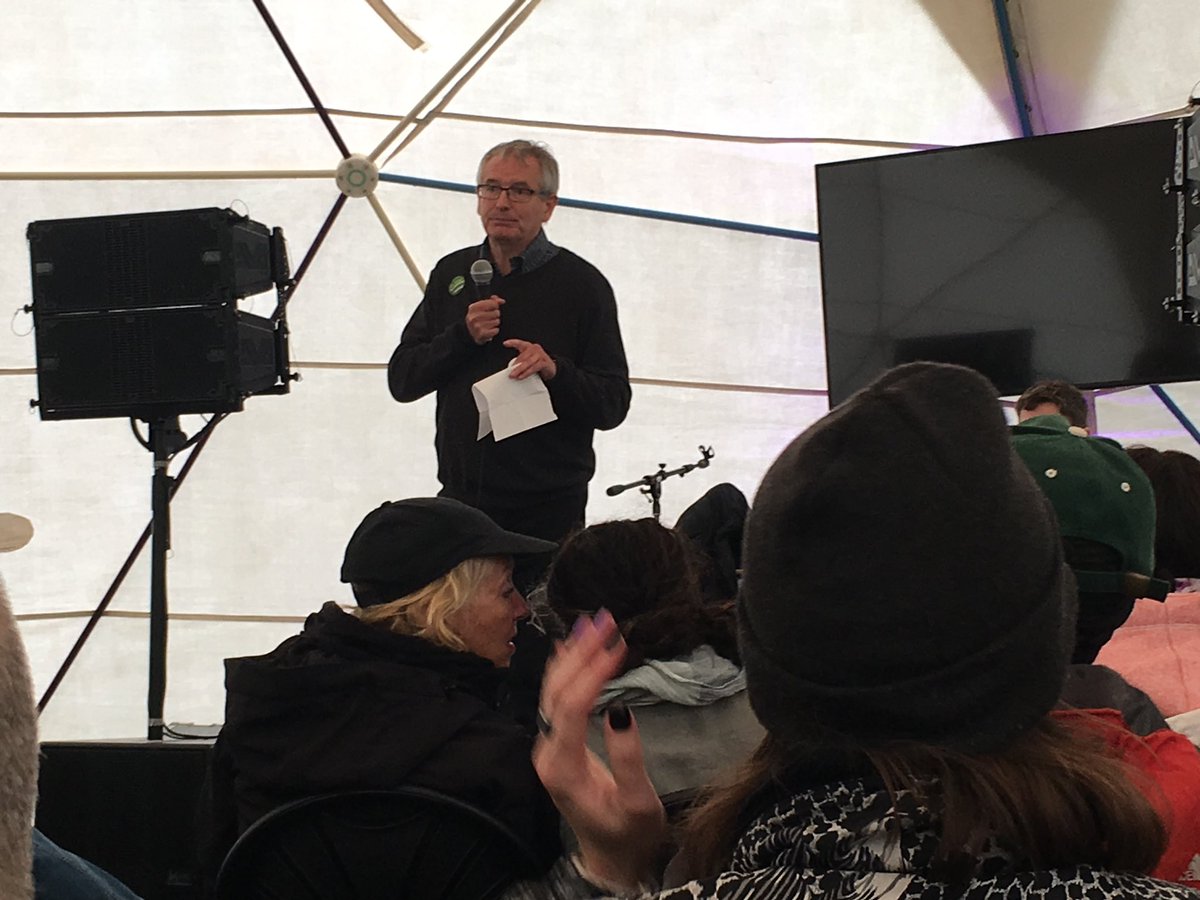
He starts by talking about the Cairncross Review (gov.uk/government/con…)
He says politicians are talking about an outcome of this being taxing tech companies and using the money to fund journalism...
He says politicians are talking about an outcome of this being taxing tech companies and using the money to fund journalism...
But this raises the question of what journalism is, in terms of who should get the money.
The government tends to define it as ‘The Press’. So they’re talking about taking money from Google and giving it to the Daily Mail. That’s not going to improve journalism.
The government tends to define it as ‘The Press’. So they’re talking about taking money from Google and giving it to the Daily Mail. That’s not going to improve journalism.
He says that Leveson addresses this issue in what was known as section 40, a framework for getting media companies to engage in regulation. The government won a motion rejecting section 40, but only by 5 votes. But he hopes the model will be resurrected by Cairncross
He talks about the current state of regulation of the press, IPSO. They admitted that out of 8000 complaints about hate speech and racism they admitted 1. If any other regulator admitted this, it would be major news. But as it was the Press regulator, it got no coverage
Brian refers to research that in the trust league for printed journalism, Britain came 33rd out of 33 countries surveyed - for the fourth year running. He says that got no coverage, until John Cleese raised it in an interview on Newsnight
He also refers to the whistleblowing by @JohnFordBlagger revealing that he had worked for the Sunday Times accessing bank account records of cabinet ministers in fishing trips for minor gossip - had William Hague bought something at Ann Summers was one(!)
That story was ignored by the Media, other than a small piece in the Guardian.
Murdoch said “newspapers have a great power for good, they can expose wrongdoing. But they also have a great power for evil - and the power for evil is the power *not* to report”
Murdoch said “newspapers have a great power for good, they can expose wrongdoing. But they also have a great power for evil - and the power for evil is the power *not* to report”
And all the press are guilty at the moment if this omission of reporting about the problems with the press.
Even the Guardian is “up to their necks” in the Cairncross Review, with a member on the panel, aiming for subsidy of the press - and supported cancelling Leveson 2
Even the Guardian is “up to their necks” in the Cairncross Review, with a member on the panel, aiming for subsidy of the press - and supported cancelling Leveson 2
And even the Guardian, he says, haven’t reported on the failings of IPSO, the self-regulation body for the Press. When IPSO was set up it was billed as having teeth, able to make £1m fines - but in 4 years hasn’t fined anyone even £1
Again, if any other industry regulator was so light touch, so reluctant to regulate, then the media would run it as a major story.
Brian says we need better regulation and since the second part of the Leveson inquiry was cancelled by the government, there is only one hope...
Brian says we need better regulation and since the second part of the Leveson inquiry was cancelled by the government, there is only one hope...
...that hope is the Cairncross Review, and with media organisations queuing for money, it is a chance to push through proper governance and regulation.
It is important now to write to the panel (details at gov.uk/government/con… ) to make your views known...
It is important now to write to the panel (details at gov.uk/government/con… ) to make your views known...
...include in submissions that the money distributed must go towards *quality* journalism, as per the panel’s remit, and not to the tabloid press. And also highlight how quality by definition needs quality control. Needs regulation, and a right for public scrutiny.
Brian says that the lack of this quality, and lack of regulation is betraying journalism. He believes journalism is vitally important and is campaigning to save it from itself.
That wraps up this session
That wraps up this session
• • •
Missing some Tweet in this thread? You can try to
force a refresh


